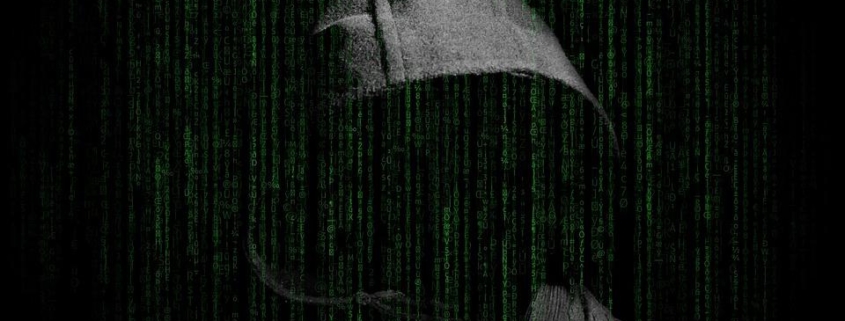China’s Hackers Hijack Small Routers to Reach Big Targets
The United States announced the disruption of a botnet made of hundreds of U.S.-based small office or home office (SOHO) routers that were hijacked by state-sponsored hackers from the People’s Republic of China (PRC) in order to be used to attack U.S. infrastructure.
 China-backed hackers target U.S. computers. (Photo: Darwin Laganzon, Pixabay, License)“The hackers, known to the private sector as ‘Volt Typhoon,’ used privately-owned SOHO routers infected with the ‘KV Botnet’ malware to conceal the PRC origin of further hacking activities directed against U.S. and other foreign victims,” the U.S. Department of Justice said Wednesday in a statement.
China-backed hackers target U.S. computers. (Photo: Darwin Laganzon, Pixabay, License)“The hackers, known to the private sector as ‘Volt Typhoon,’ used privately-owned SOHO routers infected with the ‘KV Botnet’ malware to conceal the PRC origin of further hacking activities directed against U.S. and other foreign victims,” the U.S. Department of Justice said Wednesday in a statement.
Attorney General Merrick B. Garland stressed that the Justice Department has thwarted a China-supported hacking group that sought to target “America’s critical infrastructure” using a botnet.
That campaign had been the focus of a joint advisory issued in May 2023 by the FBI, National Security Agency, Cybersecurity and Infrastructure Security Agency (CISA), and international partners, according to the statement.
The Justice Department explained that the majority of routers in the KV Botnet were Cisco and NetGear routers, which were vulnerable due to reaching the ‘end-of-life’ status – meaning that they were no longer supported with security patches or other software updates from their manufacturers.
The operation authorized by the court involved removing the KV Botnet malware from the routers and disconnecting them by blocking communications with other devices responsible for controlling the botnet.
The statement referred to court documents, stating that the government extensively tested the operation on the relevant Cisco and NetGear routers without affecting their legitimate functions or collecting content information from the compromised routers.
However, authorities cautioned that the remediated routers remain susceptible to future attacks by Volt Typhoon and other hackers. They strongly recommended that owners of end-of-life SOHO routers in their networks replace them.
“China’s hackers are targeting American civilian critical infrastructure, pre-positioning to cause real-world harm to American citizens…




